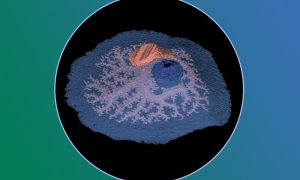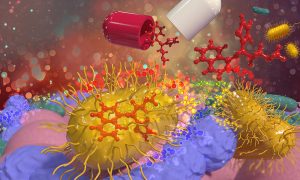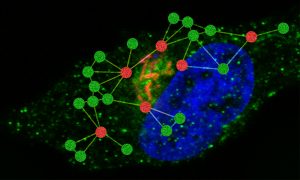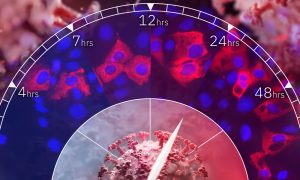
Proteomics: a different lens for precision medicine
The dynamic world of proteomics is shaping the future of personalised medicine, but some obstacles stand in the way
SCIENCE & TECHNOLOGY2024
perspectivesscience-technology
Showing results out of

The dynamic world of proteomics is shaping the future of personalised medicine, but some obstacles stand in the way
SCIENCE & TECHNOLOGY2024
perspectivesscience-technology

Sponges lack muscles and neurons. Yet, they make coordinated movements. Scientists at EMBL Heidelberg have discovered that sponge movement is controlled by an ancient ‘relaxant-inflammatory’ response that is also present in vertebrate blood vessels. The findings shed light on sponge physiology…
SCIENCE & TECHNOLOGY2024
sciencescience-technology

A new collaborative study led by EMBL group leaders Kiran Patil, Nassos Typas, and Peer Bork has found that common medications accumulate in human gut bacteria. This process reduces drug effectiveness and affects the metabolism of common gut microbes, thereby altering the gut microbiome.
SCIENCE & TECHNOLOGY2021
sciencescience-technology

Research in the Typas group uncovers new details of the strategies Salmonella uses to survive in infected cells.
SCIENCE & TECHNOLOGY2021
sciencescience-technology

A team of EMBL scientists and colleagues have analysed how the novel coronavirus affects proteins in human cells. They identified several human proteins as potential drug targets to prevent viral replication.
SCIENCE & TECHNOLOGY2021
sciencescience-technology
No results found